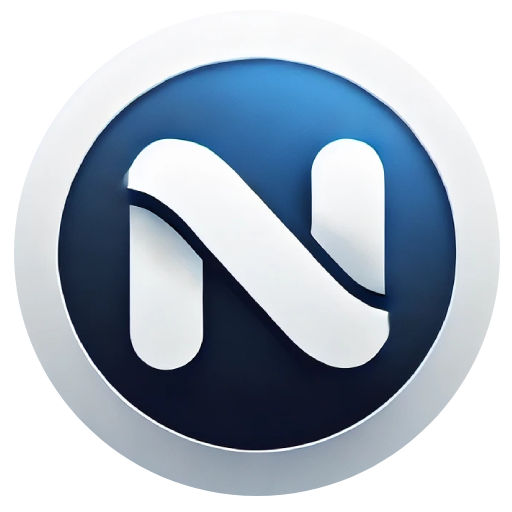For years, every digital marketer has heard the same prophecy: ‘SEO will be dead in two years.’ Fifteen years on, it’s still very much alive – just no longer the same beast. Artificial Intelligence has entered the game, and it’s not simply tweaking a few lines of code; it’s changing the very DNA of search.
Search engines are no longer just places to look for information; they’ve become engines of answers. And now, with conversational tools like ChatGPT and Gemini leading the way, that transformation is accelerating faster than anyone expected. According to OpenAI, ChatGPT has amassed over 700 million users in just three years – a staggering number that hints at how people increasingly prefer conversations over click-throughs.
But as more users ask AI for answers instead of typing into Google, the rules of visibility are shifting. For the first time, SEO experts are facing what one might call a real threat to the search engine model.
From search engines to chatbots – the new frontier
Traditional SEO was built on understanding algorithms, keywords and backlinks. You optimised pages, earned authority and hoped Google would reward you. But AI doesn’t deliver a list of results – it delivers one answer, often without citing the source.
That’s a nightmare for marketers who have long relied on the first-page advantage. As AI assistants become more like digital concierges, recommending products or brands directly, the question becomes: how do you get your brand into that single answer?
The key, say experts, is no longer just ranking well on Google but being mentioned by AI. Think of it as the evolution from Search Engine Optimisation to Recommendation Engine Optimisation. Tools like ChatGPT tend to favor authoritative sources – such as Wikipedia, institutional sites, and trusted communities like Reddit – which means that reputation is now central to visibility.
In other words, brand monitoring has become the new SEO. How your brand is discussed across forums, reviews, social media, and chatbots can determine whether you appear in AI-generated answers at all.
The human touch behind intelligent machines
AI can now write thousands of words in seconds, but quantity isn’t the same as quality. The flood of machine-written articles is already causing what many marketers refer to as content fatigue – an overload of identical, soulless text.
That’s why professionals are redefining how they use AI. Rather than letting it churn out blog posts, the smartest SEO experts treat it as a junior assistant – helpful, but in need of guidance and correction. The secret lies in the brief: crafting precise instructions, reviewing results meticulously, and keeping a human editor in charge.
As one industry leader put it, ‘AI can accelerate production, but it still needs human oversight to ensure relevance and tone.’ In other words, automation doesn’t replace expertise – it amplifies it.
The rise of reputation-driven SEO
Brands can no longer rely solely on technical optimisation or clever keyword placement. The future of SEO lies in reputation, credibility and trust. As AI tools scan the web to determine which names and sources to quote, they’ll naturally gravitate toward entities with positive, consistent online footprints.
This means companies must work more closely with marketing and PR teams to manage how their brand is perceived across every platform – from LinkedIn to Reddit threads. The more credible your brand appears, the more likely AI will include you in its answers.
It’s a fundamental shift: SEO is no longer just a technical discipline; it’s a reputation game.
Staying ahead of the curve
Forward-thinking agencies are already adapting. Many are building internal think tanks to study how AI interacts with search and content, analysing which brands get cited and why. Some use automation tools like Semrush, Make, and Copilot to streamline analysis while maintaining human oversight.
Others are testing AI for code generation and UX optimisation, with mixed results. AI can assist with simple tasks, but for now, it still performs at the level of a junior developer – useful, but not reliable enough to drive complex projects alone.
So, what should businesses do right now? Start by auditing how your brand appears online. Invest in authentic content, strengthen your credibility through thought leadership, and monitor how AI tools describe or reference your company.
Because in this new era, the algorithm is listening – and the brands that sound the most trustworthy are the ones it will choose to amplify.
